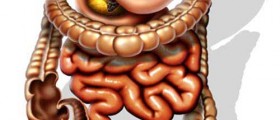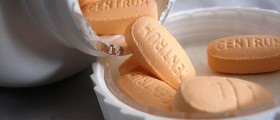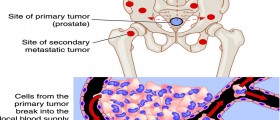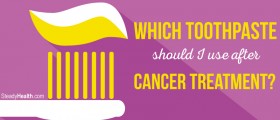
Is there a way to prevent prostate cancer?
Having in mind the seriousness of this disease, as well as its most common outcome, the methods of prevention have been the focus of numerous medical researches for years, and even decades. Even today, there are no sure ways to prevent this type of cancer, but healthy life style and diet can surely reduce the risks of developing not only this type, but various other cancers as well. This is why people should try to stick to the several guidelines that will be mentioned here.
As for the diet, it is important to have balanced meals and to avoid meals high in saturated fats. The fact is that countries with very high rates of prostate cancer are exactly those that are known by the tendency of the people who live there to eat a lot of fat food. Aside from this, a healthy portion is of moderate size and not a large one. Fruits and vegetables should be an important part of everyone’s diet, and when it comes to men, varieties rich in folate, lycopene and diindolylmethane are associated with lowering the risk of prostate cancer. Sweets and salt should be limited, as well as drinking alcohol. As for the dietary supplements, despite the fact that it has not been proved that their use can prevent prostate cancer, it will surely not harm to add them to a daily nutrition, and this particularly goes for selenium, vitamin E, and green tea extract. Since it is a known fact that obesity might affect the levels of hormones which are closely related to prostate cancer, it is necessary to maintain healthy weight, or to get rid of the excessive pounds, if necessary. Physical activity on regular basis is what plays an important role here, and this means that even half an hour a day is enough. It will not take away much time, but the person will benefit from it in numerous ways. The results of some researches have shown that ejaculation for at least 12 times a month decreases chances of getting this type of cancer, and this might certainly be one of the funniest methods of prevention. Of course, all of this would be useless and pointless without regular check ups and examinations, particularly for those men who are between 40 and 50 years of age, because they are at higher risk of developing prostate cancer.
















Your thoughts on this
Loading...